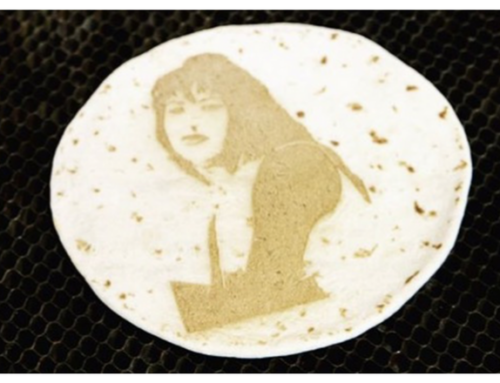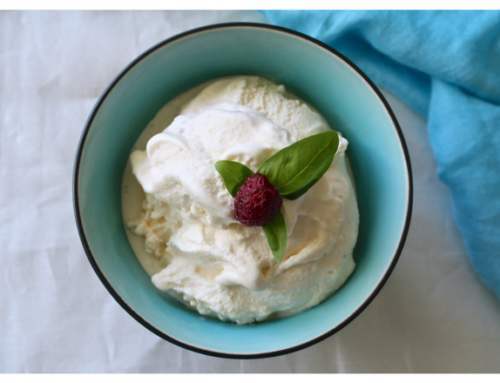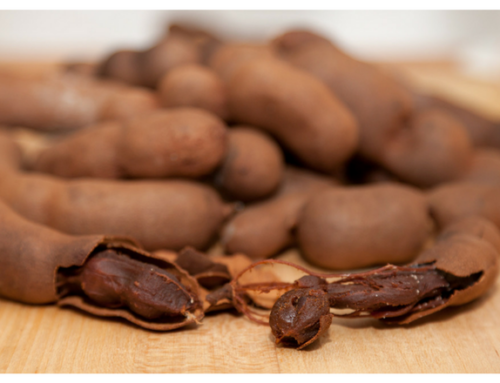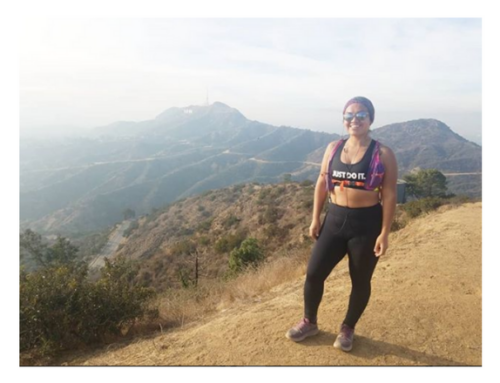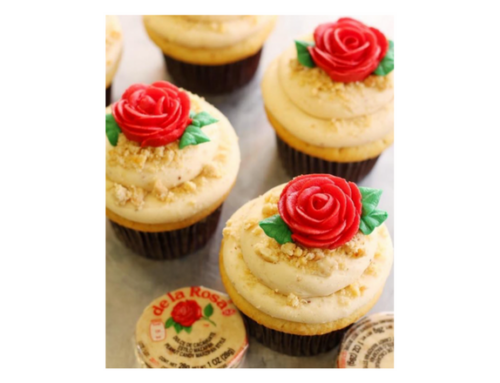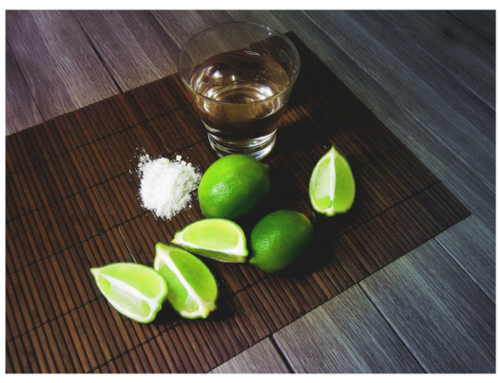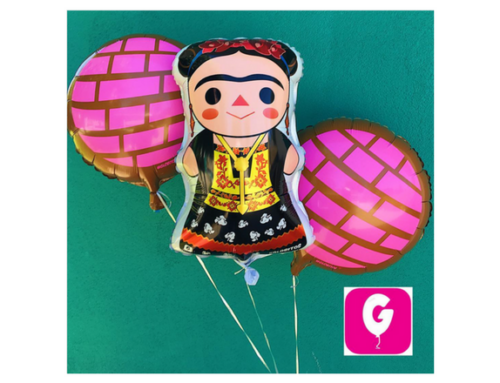Sunday means family time in Bolivia, a day spent together, eating, preferably doing it all outdoors, a day when almuerzo can easily take all afternoon. And Chalet Flor de Leche is a favorite place to go for Paceños, (inhabitants of La Paz). And here, nestled into the gorgeous countryside, you’ll find some of the best cheese the country has to offer.
RELATED: Bolivia’s Sweet Tooth
First, let’s grab a seat at the onsite restaurant and then tour the factory. Come along. [pagebreak]
The Restaurant
After a bumpy, forty-five minute drive from La Paz through green hills dotted with farms, you arrive at Achocalla. The rustic restaurant centers around a patio with green mesh tarps to provide shade and wooden tables with colorfully printed linen.
Here, the main courses all center around cheese. Try the classic Swiss dish raclette, a mixture of cheeses melted and served with slices of white bread called marraqueta or papas andinas (local potatoes ) to dip. Also on the menu is cheese fondue, prepared with your choice of either wine or homemade beer. The meal comes with a salad, locally produced bread (don’t expect baguettes here), and delicious Andean potatoes.
Of course, there is also pizza. Order up the Pizza Flor de Leche with Edam and Roca de Illimani cheese or go for the spicier version called Pizza Picante served with Edam, Achocalla (similar to Emmental / Gruyère) and locoto (hot pepper).
Last but not least there is a tabla de queso. This cheese plate offers six types of cheese, dried fruits, nuts, olives, and bread and perfectly accompanies one of the restaurant’s excellent wines or artisanal beers.
Now, with a full belly, it’s time to go for a short walk and tour the premises and production site. [pagebreak]
Cheese Production
Chalet Flor de Leche was founded in 1998 by a Belgian agronomist named Stanislas Gillès de Pélichy. Armed with original recipes from France, Germany, and Switzerland and using useing local, high-altitude products, Gillès de Pélichy cheeses have grown into a tasteful blend of European and Andean cuisine.
Even though no production takes place during weekends, the factory is open to visitors. Here, through a guided tour, you’ll learn about the thorough quality checks on density and acidity of the milk, the pasteurization process, and the fermentation and maturation of the cheeses.
The factory buys the milk from local farmers (helping more than 150 farming families earn a living) and employs about 35 people, most of whom are women.
And though the factory consists of lots of stainless steel, giving the place a sterile feeling (as it should), the atmosphere remains in the cellars downstairs, dark with wooden floors and minimal lighting.
Here, you’ll find dozens of cheeses, each demanding their own time to mature. They not only provide an excellent gourmet meal in Flor de Leche’s restaurant but are also sold in some of Bolivia’s bigger supermarkets, especially in and around La Paz.
Among the types of cheese Flor de Leche produces are aged (hard) cheeses such as Edam, Tilsit (originating from Germany/Switzerland and seasoned with cumin), and regional specialties such as Achocalla and Roca de Illiman.
Among the fresh (soft) cheeses you’ll find queso criollo, popular cream cheeses made with garlic and parsley such as Vacherín and Fromacheli, and even yogurt.
Go ahead and try a slice… or a wheel.
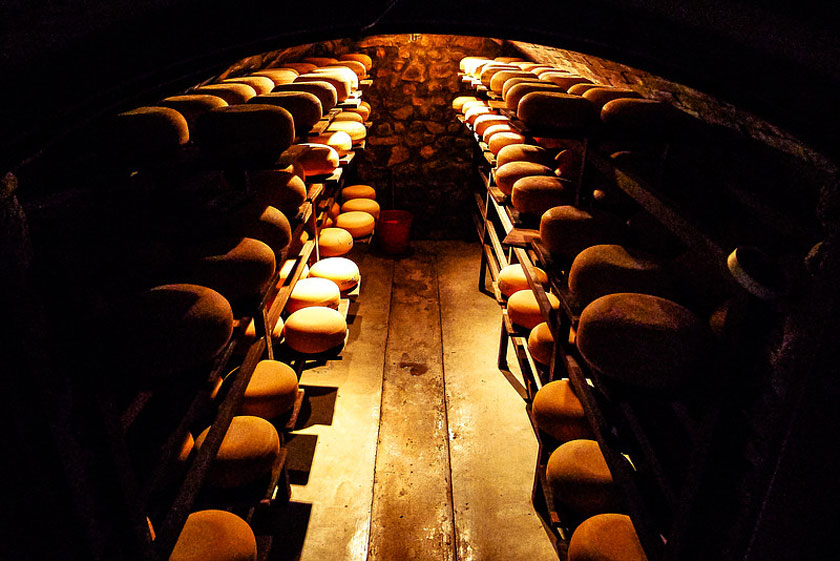
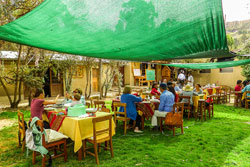
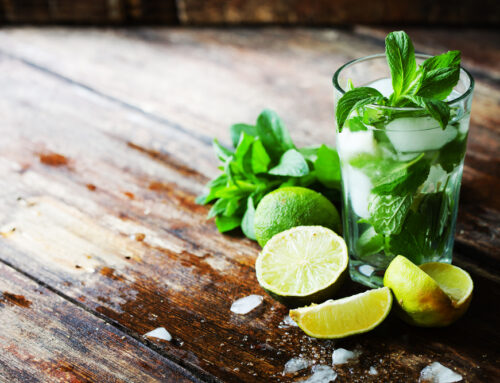
![Making Mealtime Matter with La Familia: Easy Sofrito [Video]](https://thelatinkitchen.com/wp-content/uploads/2015/10/sofrito-shutterstock__0-500x383.jpg)
![Easy Latin Smoothies: Goji Berry Smoothie [Video]](https://thelatinkitchen.com/wp-content/uploads/2015/12/goji_berry-shutterstock_-500x383.jpg)
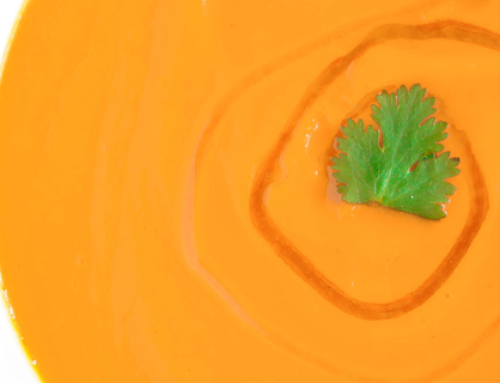
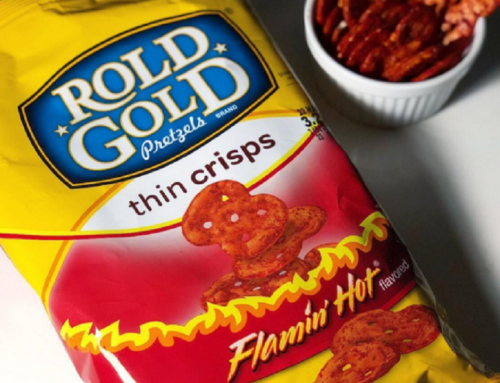
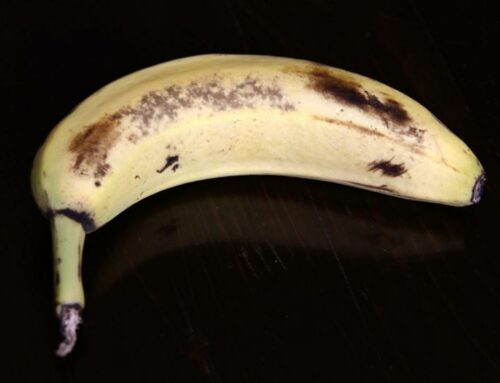
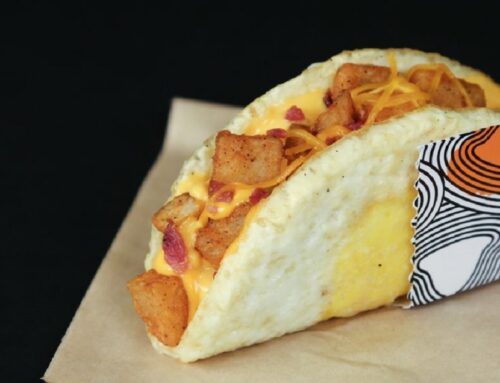
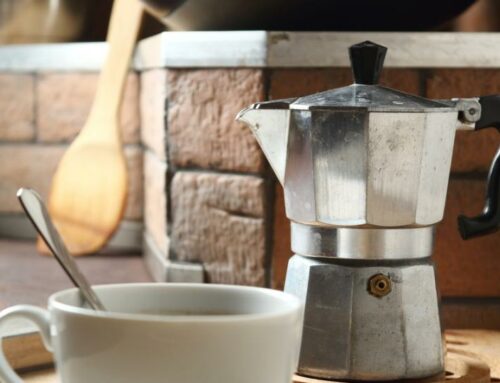

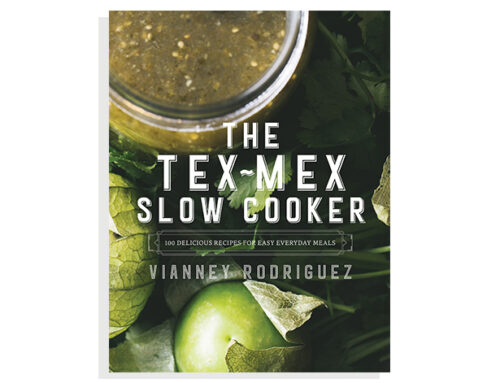
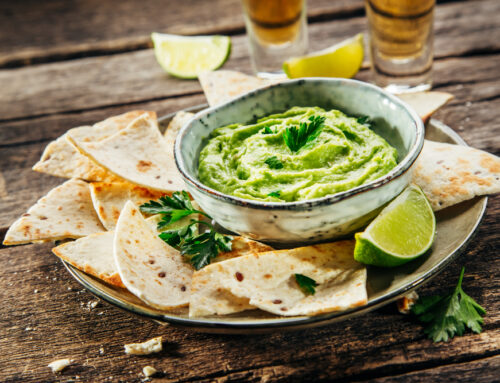
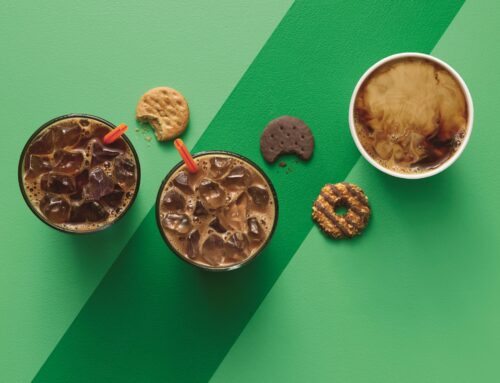
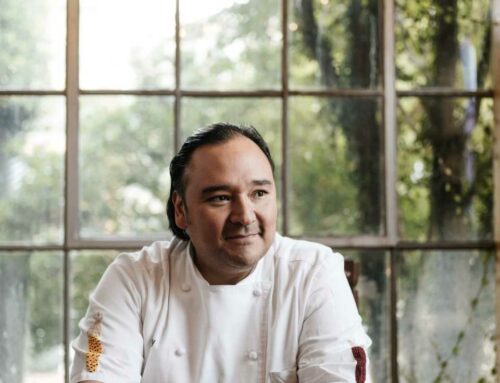
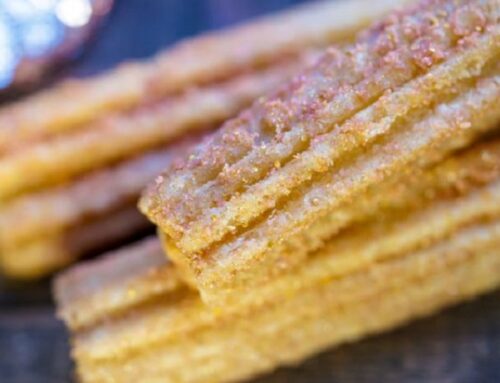
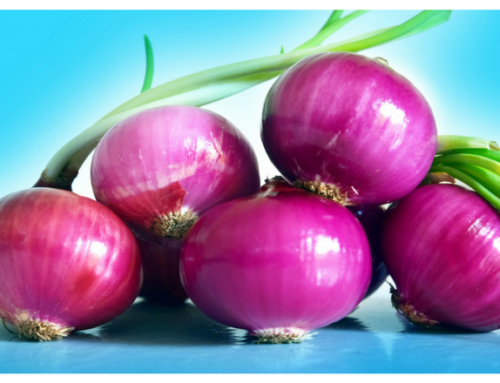



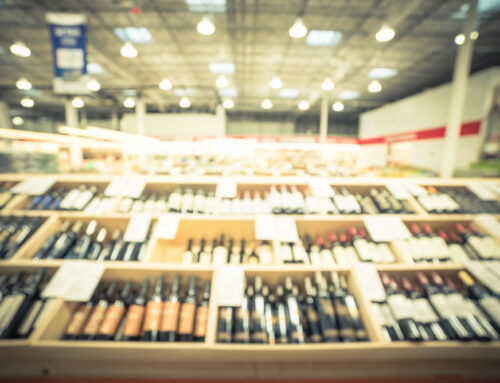
![Fun and Fast Recipes: Fiesta Cabbage Salad [Video]](https://thelatinkitchen.com/wp-content/uploads/2015/11/fiesta_cabbage_slaw-shutterstock_-500x383.jpg)
